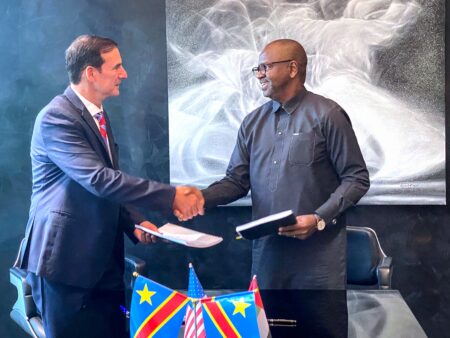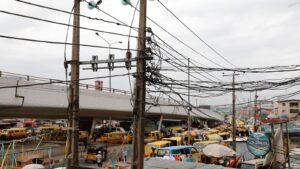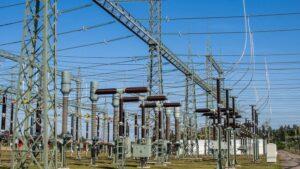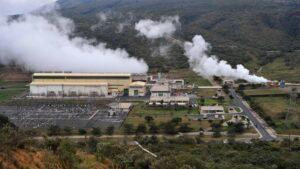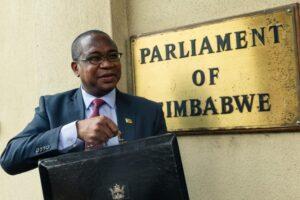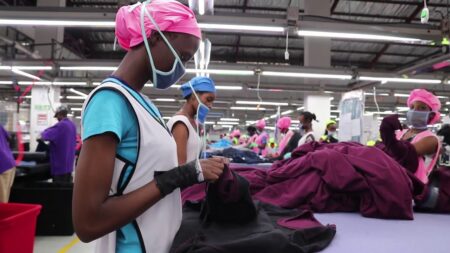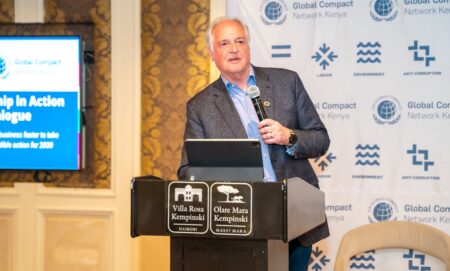- Why planning of cities must embrace a new visionary approach
- Kenya Apparel Exports Targetting $1 Billion by 2025
- Inaction On SDGs to Cost Global Economy an Extra $38 Trillion
- Pullman Hotel Nairobi: French hospitality firm Accor to Open 1st Premium Brand in Kenya
- Investors tip Abu Dhabi as the next tech powerhouse globally
- Unlocking global investment potential: ministerial roundtable insights at AIM Congress 2024
- UN Tourism empowers women entrepreneurs at AIM 2024
- Kenya’s business conditions stabilised in April but heavy rains a concern for Q2
Economic Growth
- Pullman Hotel Nairobi will begin operations in June 2024
- Kenya has 31 hotels with a total of 4,268 rooms in the pipeline with an average room size of approximately 138 square feet.
- Pullman Hotel Nairobi Upper Hill has similarly adopted the concept of “workspitality” under the co-working spaces brand WOJO.
French multinational hospitality group, Accor will unveil its first premium Pullman branded hotel in Kenya next month. This will add to Accor’s offering in the Kenyan market, which includes Fairmont the Nofolk and Mövenpick Hotel & Residences in Nairobi among others.
According to Pullman Hotels & Resorts Director of Sales and Marketing Susan Waringa, the Pullman Hotel Nairobi Upper Hill which is set to open its doors to guests in June this year will have 162 rooms offering premium hospitality.
“We’re excited about the opening of Pullman Hotel Nairobi Upper Hill, catering to the needs of the hyper-connected business and …
- New hotel room developments in Kenya have dropped.
- With continued signing activity (19 hotels with about 5,200 rooms in 2023) Egypt now accounts for 28 per cent of the total pipeline.
- When it comes to hotels under construction, Marriott International leads the way, with 138 hotels (15,011 rooms) currently being built.
Kenya has ranked seventh in Africa among the countries with the highest number of hotel room developments by international hotel chains, a drop from position five in 2022.
This is according to the latest survey by Lagos-based W Hospitality Group, in association with the Africa Hospitality Investment Forum (AHIF). From the survey, Kenya has 31 hotels with a total of 4,268 rooms on the pipeline with an average room size in these hotels is approximately 138 square feet.
North Africa continues to dominate the planned supply, with Morocco and Egypt together comprising almost 31 per cent of the …
- The Uganda National Oil Company (UNOC) is directly importing petroleum products from Vitol Bahrain, aiming to reduce reliance on Kenyan firms and mitigate high fuel prices.
- UNOC’s direct importation and sale of fuel to OMCs in Tanzania and Uganda is a significant step towards fostering stronger regional ties, promoting economic growth, and ensuring energy security.
Uganda National Oil Company (UNOC) has started the sale of petroleum products to oil marketing companies in both Uganda and Tanzania.
This is part of a broader strategy to test the waters before UNOC embarks on a direct importation agreement with the global oil titan, Vitol Bahrain. This maneuver signals a new era in East Africa’s energy dynamics, especially following a cooling of relations between Uganda and Kenya over fuel supply mechanisms.
Breaking New Ground: Uganda National Oil Company Direct Importation Deal
For years, Uganda’s fuel supply chain was heavily dependent on Kenyan OMCs. However, …
President Muhammadu Buhari said in an interview with Sun Nigeria that he was discontented with electricity in Nigeria.
The All Electricity Consumers Protection Forum expressed the same discontent with the power sector and pointed the slow progress in the power sector to the Nigerian Electricity Regulatory Commission (NERC).
The forum has advised President Buhari to do away with the power regulator in the country, NERC, and move the responsibilities to the Federal Competition and Consumer Protection Commission (FCCPC).…
The National Treasury is projecting real GDP growth of 6.0 per cent and 5.8 per cent for 2021 and 2022 respectively and has used the same as the basis for its revenue projections. But this adds to the overall optimism being projected.
In September 2021, the Central Bank of Kenya Governor projected a 6.1 per cent growth rate for 2021 and 5.6 per cent in 2022.
The International Monetary Fund’s most recent forecast puts 2022 growth expectations at 6.0 per cent. The World Bank, on the other hand, projects growth to print at 4.5 per cent and 4.7 per cent in 2021 and 2022 respectively.
We really believe this optimism being projected around is largely irrational and the story of Kenya’s economic growth still remains a puzzle to us. …
Statistically, Uganda appears to have been relatively untouched by the pandemic in terms of infections and deaths but unhappily holds the unenviable world record of being the country that closed its schools for the longest time.
The consequences of this in terms of mental health, teenage pregnancy, child labour and school dropout rates is likely to have a negative effect on my adopted country for many years to come. School closure also emphasised the uncertainty factor.
President Museveni and his Health Minister have recently declared that not even Omicron will delay the reopening of the economy any longer and that Uganda will be fully open for business with the aim of rebuilding the economy from January 2022 onwards. …
- In pursuit of bringing about electrification to the continent, the energy sector was abuzz with activity in 2021
- In September 2021, for instance, Uganda launched the last-mile connectivity component to connect 87,500 rural households with affordable electricity
- In June 2021, the World Bank Board approved US$200 million in International Development Association (IDA) funding to help Benin improve its access to electricity services for households, businesses, and essential public services
Africa is the world’s least electrified continent, with nearly 600 million people in sub-Saharan Africa or 53 per cent of the population still living in the dark in 2021, according to data by The Economist.
In pursuit of bringing about electrification to the continent, the energy sector was abuzz with activity in 2021. Below are some of the most significant electrification projects that have been ongoing in Africa in the past year.
- Uganda’s last-mile connectivity project
In September 2021, Uganda launched
While the world is fighting for zero-carbon neutrality, Africa’s—and Kenya’s—struggle to achieve a zero-carbon footprint is being met with foreign challenges and local corruption.
Experts have lauded the government’s plan to shift Kenya’s energy to purely clean energy by 2030.
In October 2021, President Uhuru Kenyatta told attendees of the COP26 summit that the country would achieve the milestone, seeing that it was more than half-way there already.
“Renewable energy in Kenya currently accounts for 73 per cent of the installed power generation capacity, while 90 per cent of the electricity in use is from clean sources,” he told attendees, among them US President Joe Biden and UK Prime Minister Boris Johnson. “We are on course to achieve our target of 100 per cent use of clean energy by 2030 and to achieve 100 per cent access to clean cooking by 2028,” Kenyatta said.
The Exchange Africa sought the views
Treasury is expected to continue its trajectory f fiscal consolidation and discipline together with increasing incentives to grow investments in value chain sectors and stability in power supply.
On the taxation front the budget was expected to provide relief to the poor who make up at least 49.9 per cent of the population of the country. This is particularly significant because it has been said on several occasions that Zimbabwean people are among the most taxed in southern Africa.
This is partly the legacy of the minister of finance’s austerity for prosperity policy which resulted in a largely resented 2 per cent transfer tax on all transactions. There have been calls for this tax to be repealed and the tax-free threshold to be increased.…








